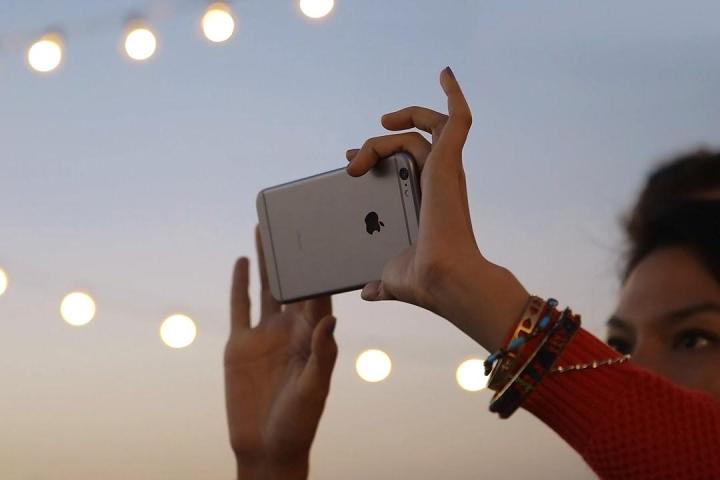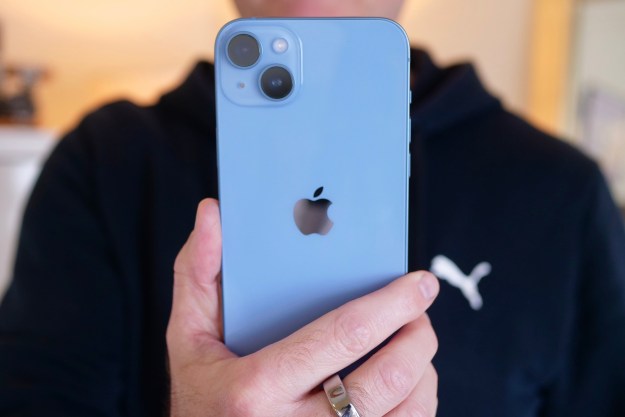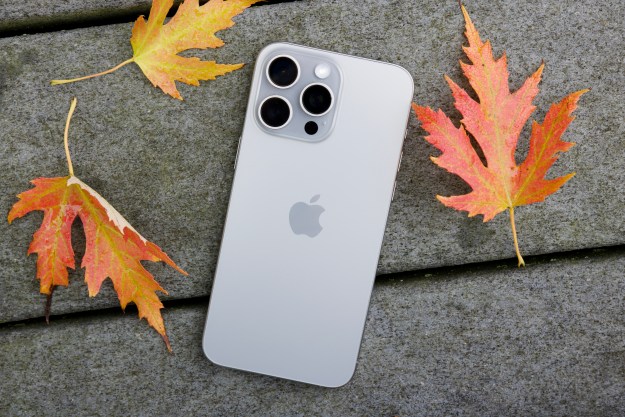
Patent US 20120235790 A1, branded with the on-the-nose title “Locking and unlocking a mobile device using facial recognition,” suggests that the proposed technology could use the camera on an iPhone to identify a user, and then unlock or lock the device depending on what it saw. It’s one part convenience, one part security, and a step toward the biometric passwords that previously existed only in the sci-fi realm.
Apple describes a variety of potential uses throughout the patent, but they all revolve around the device snapping a quick picture and analyzing the image to determine who is using the phone. If the image is identified as the primary user, the device would unlock, saving the “hassle” of an additional swipe or password.

The facial recognition could also extend beyond just the primary user. If an account is set up for a guest, the phone may be able to identify a friend or family member and grant them limited access to the device. Apple’s photo software iPhoto is already capable of identifying faces, so it seems like a logical step forward.
As some frustrated soul will be sure to point out, Apple is not the first company to dream up or attempt to implement facial recognition, just as it wasn’t the first to use the fingerprint identifier. Google Nexus devices have a “Smart Lock” feature for devices running Android 5.0 and higher that utilizes facial recognition to unlock the device.
Success with facial recognition is still rather spotty. According to a 2010 report by the Electronic Privacy Information Center, the FBI’s facial recognition software fails 20 percent of the time. Often times, even “refined” facial recognition like Facebook and iPhoto come up with some wildly off base guesses.
Apple may have a patent on the technology for unlocking a smartphone, but it’ll have to prove that the software is actual capable of doing what it claims before anyone is going to trust it.
Editors' Recommendations
- Are you having iPhone alarm problems? A fix is coming soon
- 5 phones you should buy instead of the iPhone 15
- Here’s how Apple could change your iPhone forever
- Everything Apple says is wrong about the DOJ’s iPhone lawsuit
- 10 reasons you should buy an iPhone in 2024


